Is Your Teen Ready for the Transition to Adulthood? What I Wish I’d Known Sooner
There’s no handbook for what happens when your disabled teen turns 18.
One day they’re in high school with a team of teachers and an IEP, and the next, you’re told your services will end when they graduate. You’re supposed to choose a path: guardianship, waivers, Social Security, day programs… and hope it all fits.
I’ve been through it. And if I could go back and tell myself one thing, it would be this:
There’s no “right” track, but there is a right fit.
And your young adult deserves a space that meets them where they are.
That’s why we created the Disability Innovation Hub, because some teens and young adults need a gentler, more flexible launch pad into adulthood.
The Reality Behind the “Transition to Adulthood”
When students exit special education services, families often face:
Unclear next steps
Waitlists for adult waivers (like DD or SLS)
Pressure to enter job training or adult day programs that don’t align
A sudden drop in peer interaction and community connection
Even with paperwork when necessary for guardianship plan and SSI paperwork filed, it can still feel like freefall.
That gap, between leaving school and finding a new rhythm, is where isolation, anxiety, and regression often show up.
What Teens and Families Actually Need in This Season
Time to decompress
Space to rebuild identity outside of school roles
Opportunities to explore social connection and interest-based engagement
Consistent but low-pressure environments where they’re safe to say “no”
Many teens aren’t ready to jump into full-time work or structured programs. Some have executive functioning challenges, PDA profiles, or trauma around demand-heavy environments.
That doesn’t mean they’ve failed to launch.
It means they need a softer runway.
Where the Hub Fits In
The Disability Innovation Hub (DIH) in Littleton is not a day program. It’s a community-centered space where neurodivergent youth and adults can:
Come and go on their own terms
Explore interests like art, writing, gaming, or mindfulness
Work solo or with others in a sensory-aware, low-pressure space
Be supported without being controlled
Whether your teen is 17 or 27, The Hub offers something rare:
Structure without rigidity. Support without surveillance.
Belonging, without needing to prove anything.
What I Wish I’d Known
I wish I’d known that it’s okay for transition to take time.
I wish someone had told me that needing a slower pace is not failure.
And I wish I’d known about places like the Hub, where my child could be seen, respected, and supported as they figured things out.
Want to Explore the Hub with Your Teen?
We offer a free guest pass so you can:
Spend a few hours exploring the space
Meet other families
Talk with staff and providers
See if it feels like the next right step
There’s no pressure. Just possibility.

